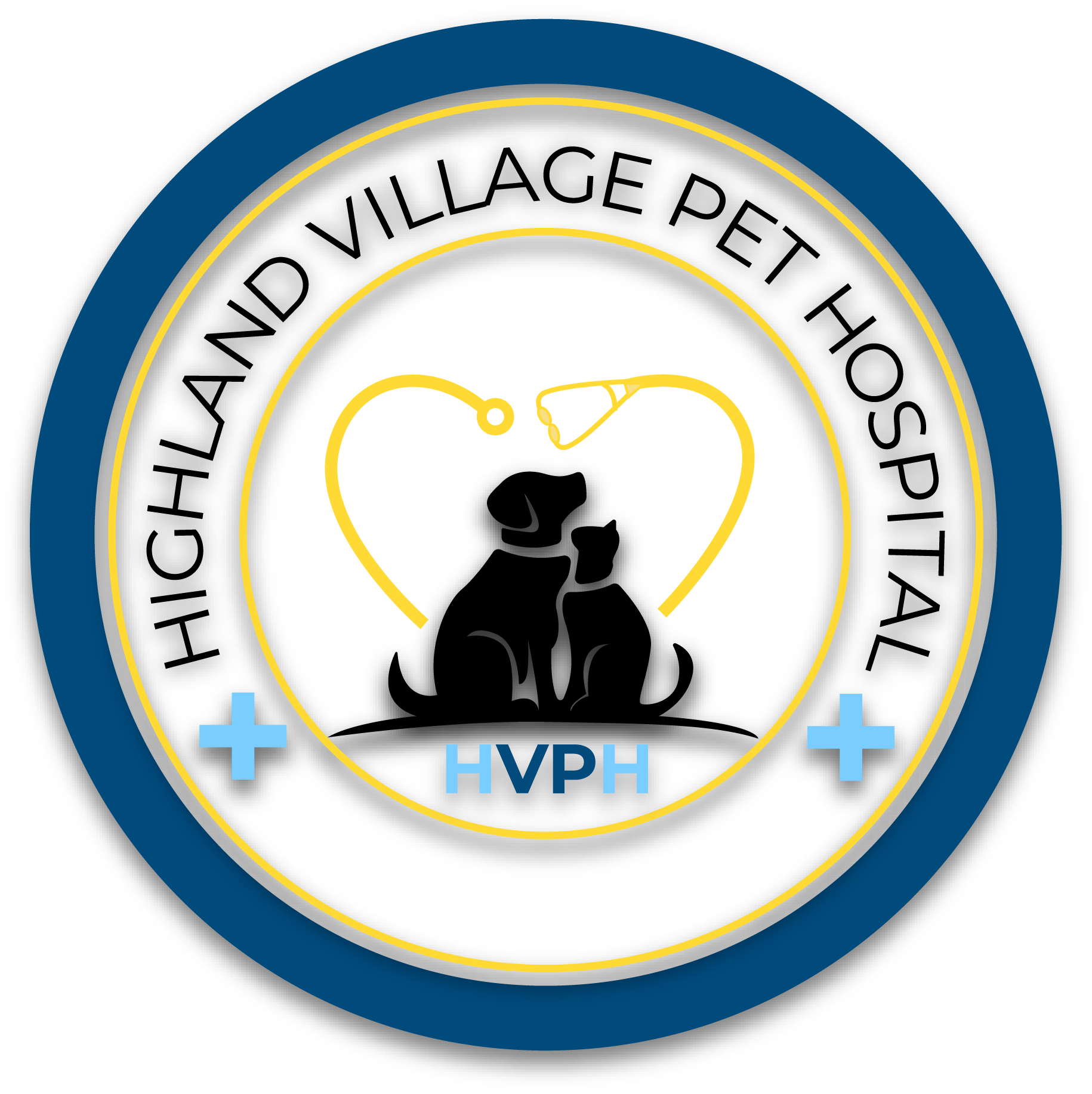Puppy and Kitten Care 101: Getting Off to the Right Start
- Smartology Inc

- Dec 4, 2024
- 3 min read
Bringing home a new puppy or kitten is an exciting and joyful time! These adorable bundles of energy bring endless love and laughter, but they also come with unique needs. Ensuring your furry friend gets the right start in life is essential for their long-term health and happiness. At Highland Village Animal Hospital, we’re here to help you navigate the early stages of pet parenthood with expert advice and care.

1. The First Vet Visit: What to Expect
Your puppy or kitten’s first veterinary visit is a crucial step in their care journey. During this appointment, we’ll:
Perform a full physical examination to ensure they’re healthy.
Check for common issues like fleas, ticks, and intestinal parasites.
Discuss their vaccination schedule, tailored to their specific needs.
Provide information about spaying or neutering and its timing.
Answer any questions you have about diet, behavior, or general care.
2. Vaccinations: Building a Strong Foundation
Vaccinations protect your puppy or kitten from potentially life-threatening diseases. Here’s a basic vaccination timeline:
6-8 Weeks: First round of core vaccines, including distemper, parvovirus, and feline viral rhinotracheitis for kittens.
10-12 Weeks: Booster shots and additional vaccines like leptospirosis or feline leukemia, depending on lifestyle and risk factors.
14-16 Weeks: Final boosters, including rabies.
Stick to this schedule to ensure your pet builds strong immunity.
3. Parasite Prevention: Shielding Them from Hidden Dangers
Parasites like fleas, ticks, and worms are common in young pets and can cause serious health issues. Start them on a veterinarian-recommended parasite prevention plan that includes:
Flea and tick control.
Deworming treatments.
Heartworm prevention (especially for puppies).
Regular fecal testing helps detect and treat parasites early.
4. Nutrition: Fueling Healthy Growth
Proper nutrition is vital during the rapid growth stages of puppies and kittens. Choose a high-quality food designed for their life stage and breed size:
For Puppies: Small breeds need calorie-dense food, while large breeds benefit from a diet that supports controlled growth to prevent joint issues.
For Kittens: Look for food rich in protein, taurine, and essential nutrients for healthy development.
Feed them the recommended amount and avoid overfeeding to prevent obesity.

5. Socialization: Shaping Their Behavior
Socialization is critical for puppies and kittens to grow into well-adjusted adults. Expose them to a variety of people, pets, and environments in a positive and controlled manner:
Enroll in puppy kindergarten classes to teach basic commands and encourage interaction.
Gradually introduce kittens to new stimuli, such as different surfaces, toys, and safe spaces.
Always reward good behavior with treats and praise to reinforce positive experiences.
6. House Training and Litter Box Training
Teaching your new pet where and how to go potty is one of the first challenges of pet ownership:
For Puppies: Establish a consistent potty schedule, take them outside frequently, and reward them for going in the right spot.
For Kittens: Provide a clean, accessible litter box in a quiet location. Show them where it is and scoop daily to encourage use.
Patience and consistency are key!
7. Grooming and Dental Care
Introduce your puppy or kitten to grooming early so they get comfortable with the process. Regular grooming helps maintain their coat and skin health:
Brushing: Keeps their coat clean and reduces shedding.
Bathing: Use pet-safe shampoo for occasional baths, especially if they get dirty.
Dental Care: Start brushing their teeth with pet-safe toothpaste to prevent dental issues later in life.
8. Spaying or Neutering: Why It’s Important
Spaying or neutering your pet not only prevents unwanted litters but also offers significant health benefits:
For Females: Reduces the risk of uterine infections and breast tumors.
For Males: Decreases the likelihood of testicular cancer and certain behavioral issues.
Consult with your veterinarian about the best time to spay or neuter your pet.
9. Regular Checkups: Staying Ahead of Health Issues
Young pets grow rapidly, and regular checkups are essential to monitor their development. At Highland Village Animal Hospital, we’ll track their growth, update vaccines, and address any concerns as they arise.
10. Build a Strong Bond
Finally, spend time bonding with your new companion. Playtime, cuddles, and training sessions strengthen your relationship and create trust.
Let Highland Village Animal Hospital Be Your Partner
At Highland Village Animal Hospital, we’re dedicated to helping your puppy or kitten grow into a healthy, happy adult. From their first checkup to ongoing care, our team is here to provide the expertise and support you need.
Schedule your puppy or kitten’s first visit today, and let’s start them off on the right paw! 🐾






Comments